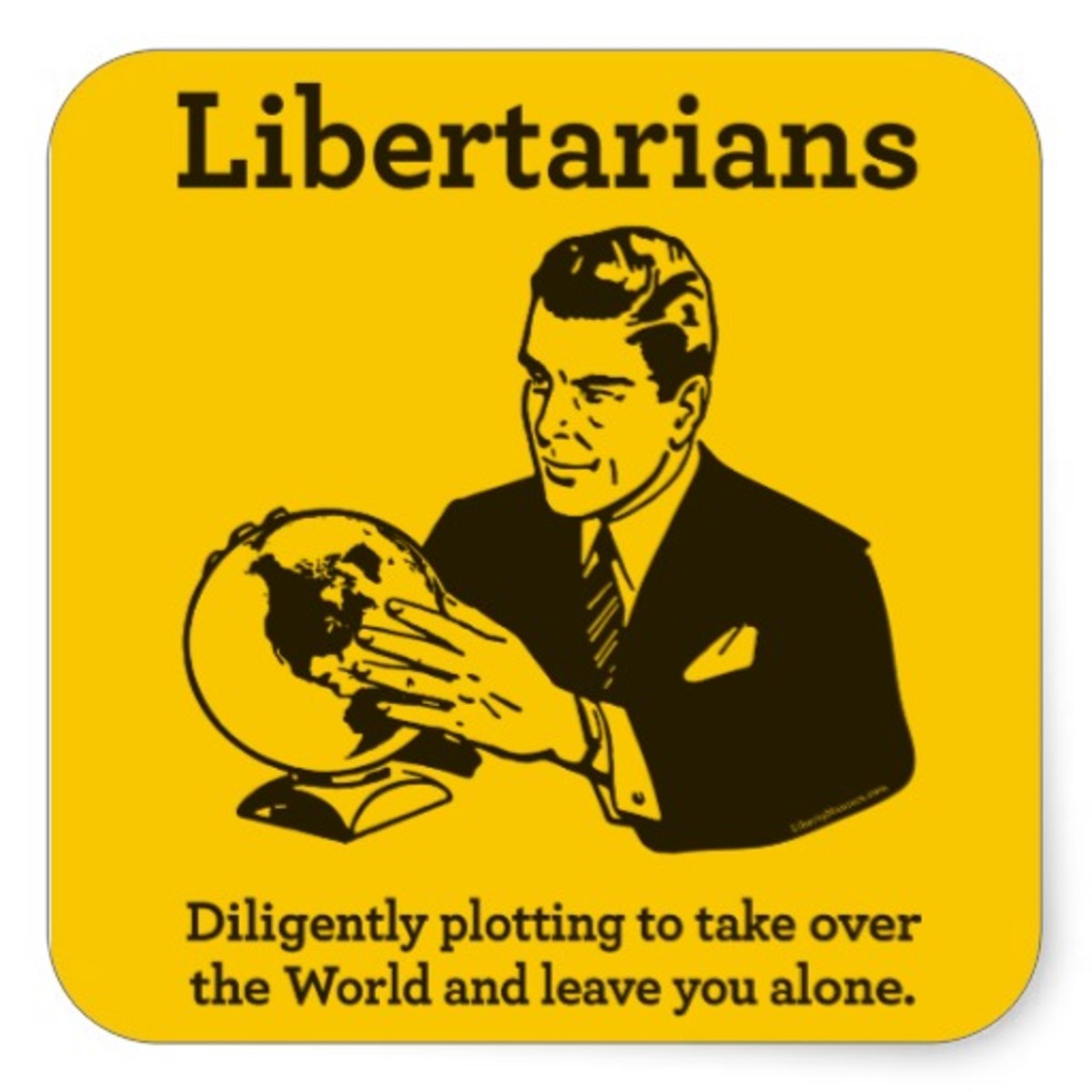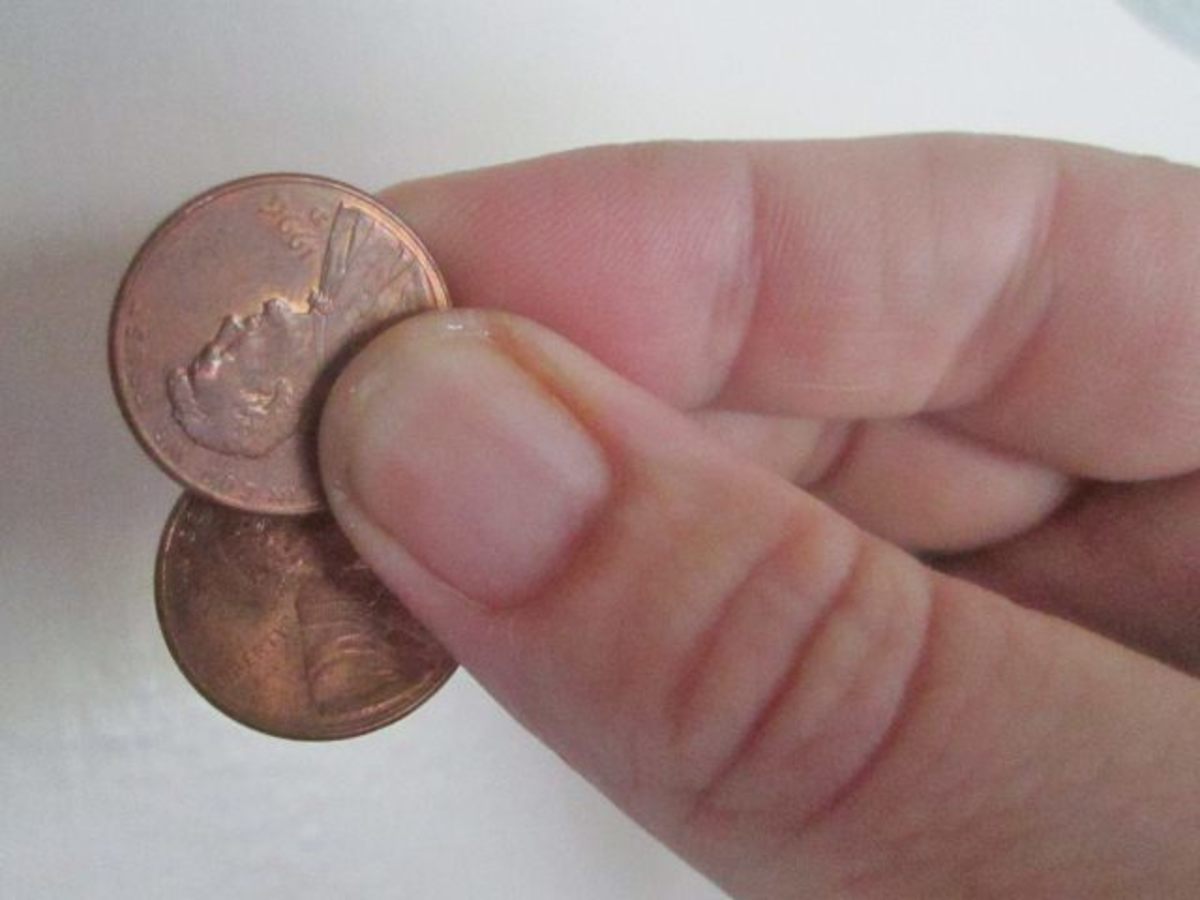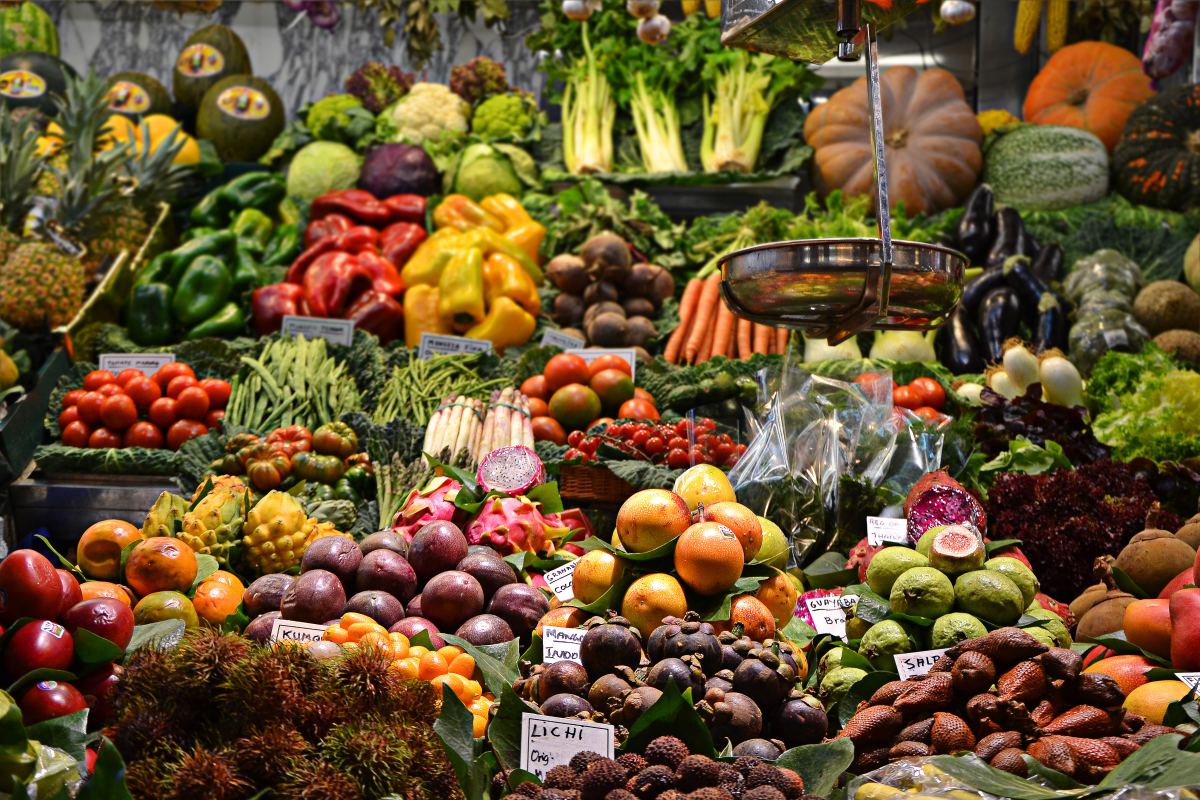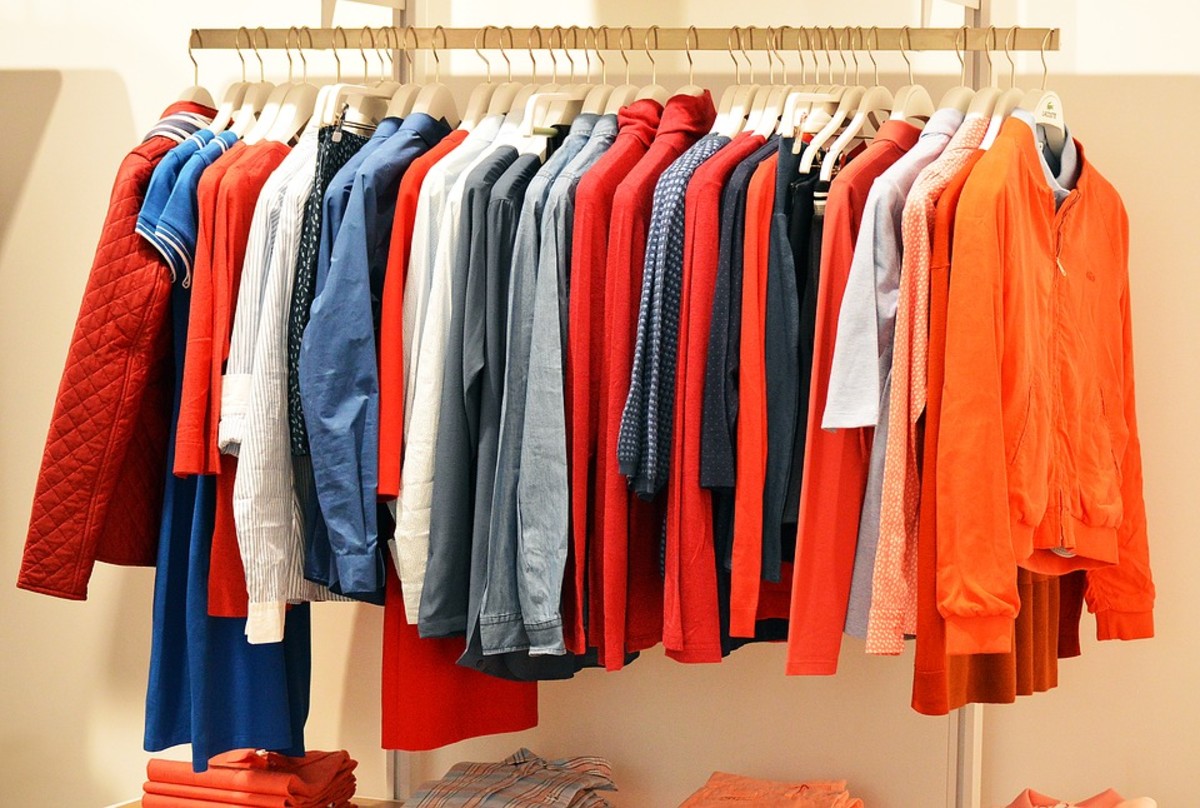Wartime Lifestyle
Peace and War
Gran once told me that mothers and children were the real heroes of war. We were discussing WW2. My grandad had been talking about time he spent abroad. My usually very gentle gran got quite emotional when she said, "At least men ate."
I have never forgotten this incident. I remember that I wanted to ask more, but something in those steel grey eyes stopped me. It was never mentioned again.
Until then, I hadn't thought much about wartime civilians. What we did learn about the war at school focused on politics, campaigns and the armed forces. Family life was hardly mentioned at all.
Everyone I know (including myself) seems to be constantly having a clear out. My niece is vegan and has cut many things out of her life. She told me that it wasn't really that hard. Once she located a product that matched her values, then it became easy - A simple case of repeating the purchase at the same store. The hard bit was making the initial change.
Peace increases our need for consumables in the same sort of way that poverty generates a need for designer clothes or big brands.
Peaceful Living
We live in peace, poverty and plenty in the UK. Many average citizens struggle to keep up to date with their rent and utility bills. Many of these same people regularly donate last season's clothes to charity shops, eat take away food and enjoy a tipple or a smoke. It's easy to tut and head for the moral motorway, but this situation is not unique to Britain. It is regarded as normal life by vast swathes of people in the so called First World. People have bought the prepacked idea that they deserve to reward themselves with waste and a cycle of poverty.
NB: Smoking/ drinking/ brands are not the issue. If these meet a personal, self-assessed need then they are right for the individual
The average person NEEDS a home, utilities, food, a decent mobile 'phone, tablet or laptop, desktop, numerous appliances, clothes for work, clothes for play, clothes for hobbies, a holiday, transport and, of course, the internet. Next on the list is subscriptions. Basics include data and viewing/ streaming plans, leisure/ sports centre contacts. Cleanliness is vital, as are shower gels, shaving foam, razors, shampoos, stylists, fragrance, cosmetics and an array of wipes, waxes, face washes and body washes. Home care adds polish, fresheners, washing up liquids, loo cleaner, bath cleaner, kitchen surface cleaner and many more needs to the list. Then we need to eat.
Most families require a special diet for someone - either because of a medical condition, allergy, religion or to tackle obesity. Supplements are required for teeth, hair, skin, staying young, generating energy, and preventing colds, hair loss, weak nails and bad moods. The need for separate or special meals is obvious, and some people simply cannot eat fruit, certain vegetables, margarine/ butter, some cheeses, pasta or entire food groups. Consuming certain brands can cause instant illness in many. The list could go on forever, but let's just add water. Bottled. Flat, bubbly, plain or flavoured, we all need it.
The children need to be looked after. They, like us, have their own particular needs which must be met to ensure they fit in with both their peers, and ours. They grow quickly and regularly need new clothes. They can't wear hand-me-downs because there is simply no space to store them until they fit. We really need bigger homes but we can't afford to move.
Ration Book
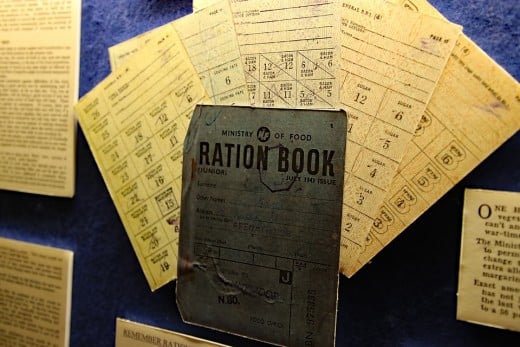
Wartime Living
One of the first things that is rationed in most wars is fuel. This was true during the big wars in Europe and the bush wars in Africa. Power supplies become unreliable or intermittent, so life gets a lot more physically demanding. Everyday activities take longer, so trips are planned and co-ordinated. Mum shops, while dad pops into the local for a pint and the children go off to watch a movie/ play a sport. This is done in one trip.
Other shortages follow. These vary, but but commonly affect spares (motor/ electrical/ appliance), materials (metals, plastic, fabric) and food. People respond by planning ahead and stocking up when they can.
Needs are carefully assessed and prioritised. Facts are relearned.
- All detergent is interchangeable. A bar of soap replaces nearly all toiletries and cleaning products. Washing soda fills in the blanks.
- Lettuce grown in an empty container can feed a family of 6. I am a great fan of this idea. Fresh lettuce, anytime. Ideal for couple who want a few fresh leaves, as well as a family. Works great with watercress or other greens too.
- Buttons can be sewn back on or replaced
- Zips can be fixed
- Used water can be reused for other things
- A pot of tea makes many cupfulls
- A kettle of coffee is bottomless
- Dried foods like beans and lentils are healthy
- Food without additives improves health and energy levels
- Tap water is drinkable. When it isn't, it can be boiled until it is
- Tyres, towels and underwear are valuable luxuries
People can survive even when food is rationed. Once the shock subsides, they get creative, share and learn to make do and make more.
Needs do not change. Perception of need is a fickle thing.
Gran's Gripe and Gratitude
I was taken aback by the way my gran responded to that war talk long ago. Her war was over by then. Although she never said more, she always had a fully stocked food cupboard, and a chest full of linen, towels and underwear. My sister in law does much the same, though she lived through a different war.
Gran knitted, and made pies and jams whenever the garden fruit trees yielded. She was generous, and shared any excess with neighbours and the old age home down the road. Waste never happened. crumbs went to sparrows, peelings were composted. We all got knickers in our Christmas box.
Best of both Worlds
Much of the world is at war again right now. Our forces are engaged in conflicts. The world is a changing, fragile place with finite resources.
The 80's and 90's are over. Excess has gone out of fashion. Our children might have to cope with a war of their own, buy a home or chase a dream. Small changes in habits and ideas of what is normal can make it a lot easier for them to deal with whatever their future demands.
Leading by example goes a long way to helping the younger generation to live their own lives according to their own values. Mindlessly chasing the next new thing is not healthy for anyone.

Small Actions, Big Benefits
Put away the knitting needles. We are not living through a war. Time is precious. Thinking about streamlining your life into one that reflects your values could be a pleasant and rewarding process that reduces waste, housework and clutter. It could also save you money and free up your time. These are some easy suggestions that might work.
Consume Less, Play More
-
Detergent check. If you have bottles of product that do the same thing, cut them out. Kitchen/ bathroom/ loo/ hard surface cleaners are probably the same thing.
- Deodorant. Is there a unisex one that everybody can use? Get rid of other cans from the bathroom. Mini ones are better for handbags if needed at all.
- Shampoo. Hubby can use your colour protective one, you can use his dry scalp brand. If you can agree on a 2:1 you can save space and money.
- Shower gel. Share. Buy refills. Same with bath soaks.
- Basic groceries are onions, tomatoes, fruit, vegetables, dried foods (lentils/ beans), pasta, oats, rice,butter/margarine, tea, coffee, milk, sugar, flour, spices, oil, rice, pasta, juice, meat, fish, chicken, flour, eggs, milk, spreads, cheese, meat, fish, chicken (or vegan/ special diet equivalents) Assess if you really need anything else.
- Think before buying. Where will it go and what will it replace.
- Clothing. If it's not used then it's not needed. Dispose don't replace.
- Check tips for frugal living. Use what works.
- Flour, milk, butter and eggs can produce many quick meals and snacks.
- Grow lettuce. A container, some soil and seeds mean never running out.
- Special diet? Can the whole family follow it?
Let me know your ideas. The aim is simply to save money and free up time. Simplifying shopping reduces clutter and housework. If anything is needed, have it. Just check that it is a real need. The age of the zombie is over.
Needs and Wants
“The world says: "You have needs -- satisfy them. You have as much right as the rich and the mighty. Don't hesitate to satisfy your needs; indeed, expand your needs and demand more." This is the worldly doctrine of today. And they believe that this is freedom. The result for the rich is isolation and suicide, for the poor, envy and murder.”
- Fyodor Dostoyevsky, The Brothers Karamazov


